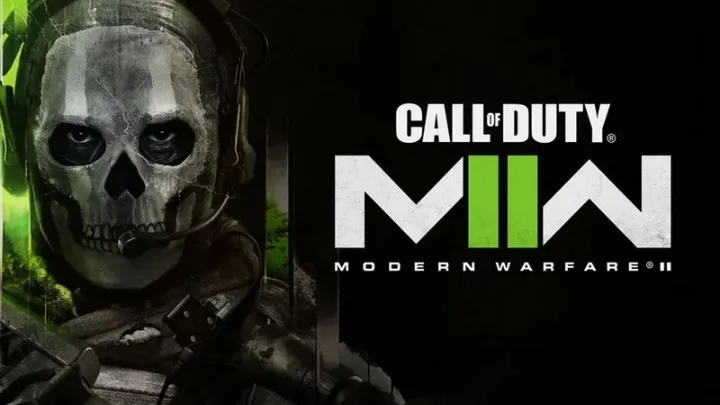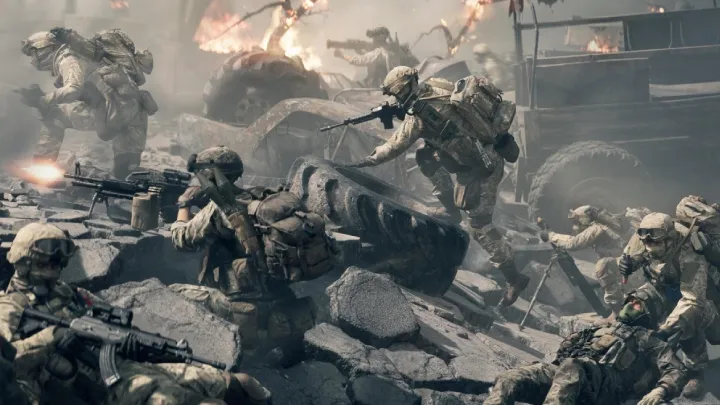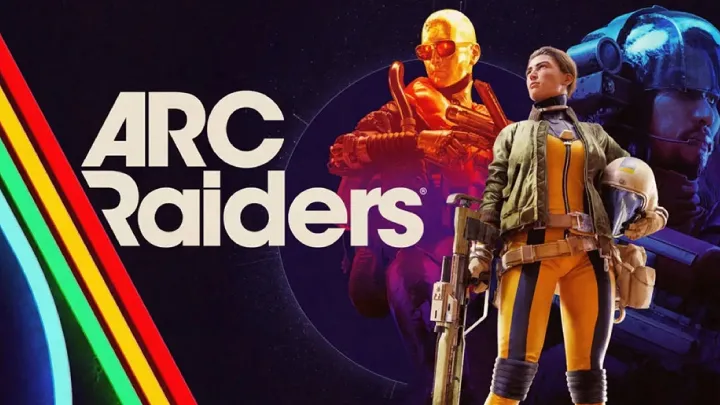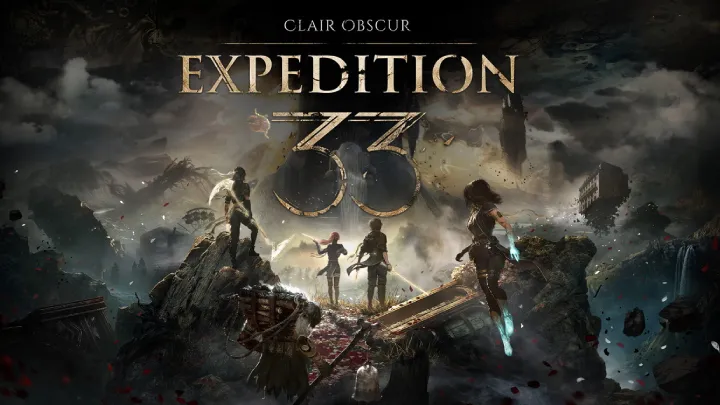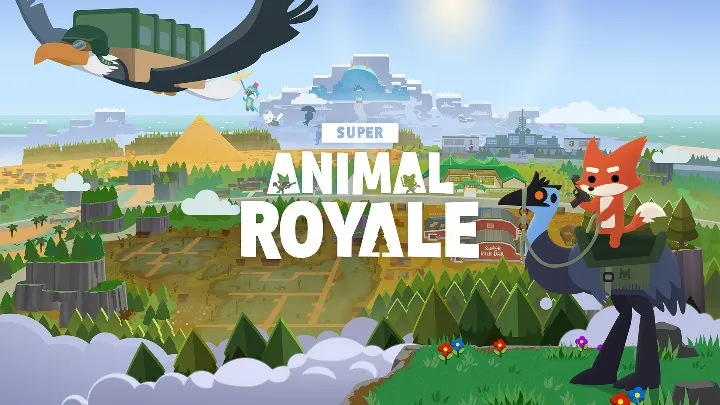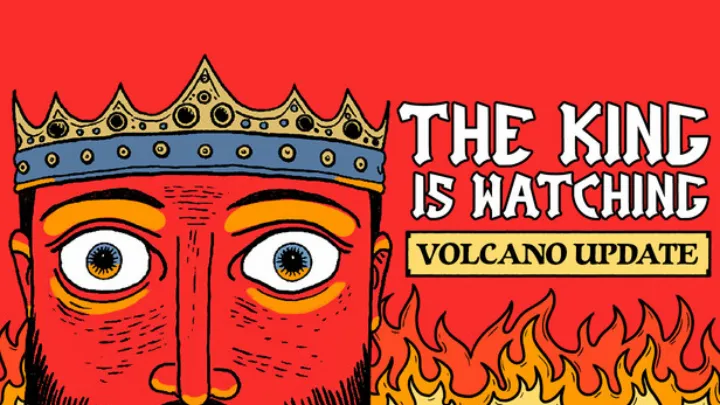Welcome to the
Sam GameH5
Your Rescue
From Boredom

TOP PICKS
VIEW ALLLATEST NEWS
VIEW ALLBEST FOR YOUR
AMAZING NEWS
EDITOR'S ADVICE

December 31, 2025
Avatar: Frontiers of Pandora™ Receives Major World Update and Gameplay Enhancements
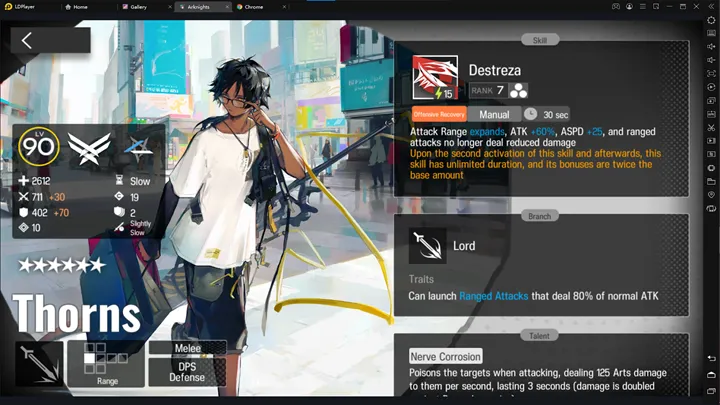
December 30, 2025
How to Play Arknights Effectively: Control Lanes, Optimize Operators, and Clear Hard Stages

December 30, 2025
How to Play Cytus II Effectively: Improve Timing, Accuracy, and Achieve Higher Scores

December 30, 2025
How to Play Asphalt 9: Legends Effectively: Master Drifting, Nitro Control, and Win More Races

December 30, 2025
How to Play Genshin Impact Effectively: Build Strong Teams, Manage Resources, and Progress Faster

December 30, 2025
Top Games You Should Play – The Best Games Across All Genres

December 30, 2025
Avatar: Frontiers of Pandora™ How To Guide: Tips to Survive, Explore, and Master Pandora
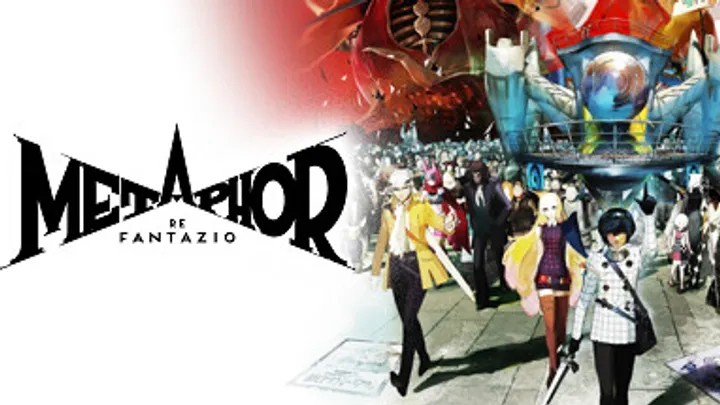
December 30, 2025
Metaphor: ReFantazio – How to Master Combat, Characters, and a Living Fantasy World
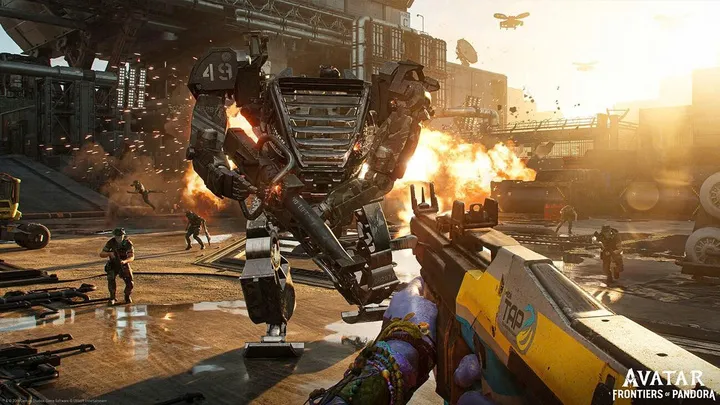
December 30, 2025
Avatar: Frontiers of Pandora™ Expands World with Major Gameplay Updates and New Content

December 30, 2025
The Jackbox Party Pack 11 – How to Host, Play, and Win the Ultimate Party Game Night
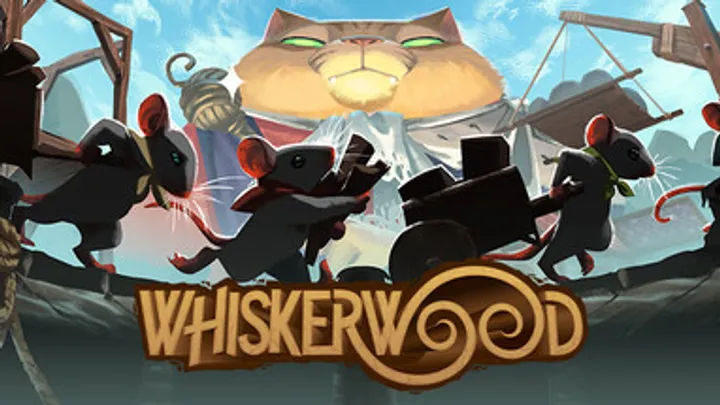
December 30, 2025
Whiskerwood – How to Build, Manage, and Thrive in a Cozy Forest Settlement

December 30, 2025
Chill with You : Lo-Fi Story – How to Relax, Reflect, and Enjoy a Gentle Narrative Experience
MOST POPULAR
OC Maker: Avatar Maker
OC Maker: Avatar Maker is a fantastic tool for anyone interested in creating unique avatars and characters.
[SKIBIDI] Steal a Brainrot
Steal a Brainrot offers an entertaining and whimsical adventure for players on Roblox, combining engaging gameplay mechanics, vibrant visuals, and an active community.
Avatar: Frontiers of Pandora™
Avatar: Frontiers of Pandora™ promises to deliver an immersive gaming experience that combines stunning visuals, a rich narrative, and engaging gameplay mechanics.
Banana
Banana offers a refreshing and engaging gaming experience that combines charming visuals, dynamic gameplay, and a lighthearted narrative.
Marvel Rivals
Marvel Rivals delivers an exhilarating multiplayer experience that connects fans of the Marvel universe through engaging strategies and thrilling combat.
Warframe
Warframe stands as a testament to the evolution of the action genre, delivering fast-paced gameplay, deep mechanics, and an engaging narrative that resonates with players.
RECOMMENDS
VIEW ALL











